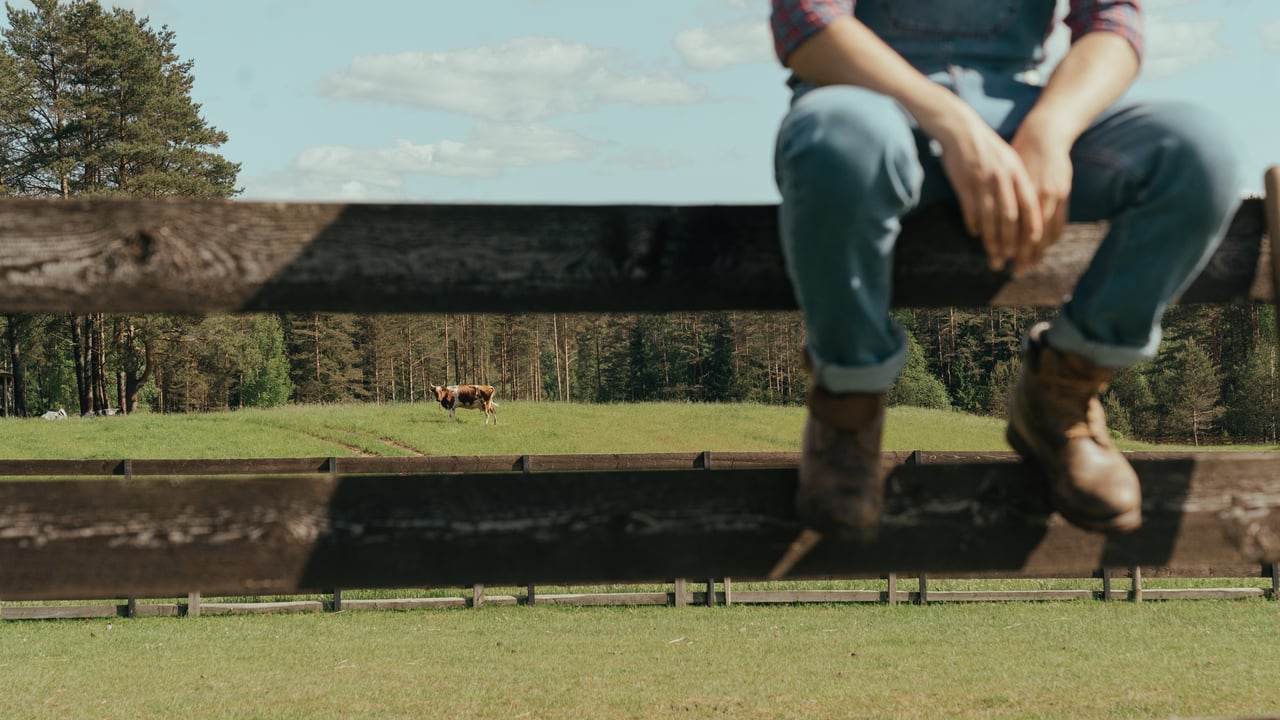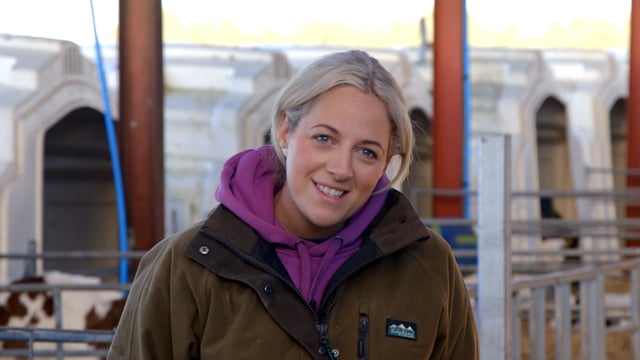EU generational renewal plan to call for 'no net land take' by 2050
The EU's plan for generational renewal in farming is set to call on member states to ensure there is no net decrease in the amount of farmland by 2050.
The final shape of the European Commission's Strategy for Generational Renewal in Agriculture was discussed at a meeting of MEPs in the European Parliament's Regional Development Committee this morning (Tuesday, October 21).
It is understood that the plan will be officially launched imminently. However, a leaked draft provides some insight into the commission's plans.
The document is divided into sections based on the key issues facing young farmers, one of which is access to land.
The draft plan says: "Transfer of land is at the heart of generational renewal. The challenge is illustrated by the imbalance in land tenure. While most older farmers own their land, younger generations are often confined to tenancy, operating 15 million hectares as tenants compared to 10 million as owners."
The plan says that administrative and fiscal disincentives discourage farmers from handing over their holdings before retirement. The commission is set to call for more simplified rules and targeted incentives to make earlier transactions more attractive.
The commission also said that land inheritance after the death of a farmer can be hampered by "complex legal frameworks and high tax burdens".
The commission will look to address this by integrating economic and social aspects related to generational renewal, to ensure that national policies are aligned with EU objectives, and that "adequate reforms" are put in place, the draft document says.
For prospective young farmers who will be looking to purchase land rather than inheriting it, the commission's plan highlights the "major entry barriers" for those farmers, with scarce credit, heavy repayment terms, and only modest returns on investment.
The draft plan says that member states can address this by affordable loan schemes, pre-emption rights, and dedicated matching mechanisms to connect retiring farmers or landowners with "aspiring farmers".
Additionally, the plan will call on member states to "act against speculative acquisitions and land grabbing to keep farmland available for farming".
The draft says that leasing offers a more accessible option for young farmers; however, they can be left in a vulnerable position if the leasing arrangements are too short term.
The commission will propose combating this with stronger long-term contracts, combined with the prioritisation of young farmers in the allocation of municipal or public land, which would "improve stability and confidence".
The commission will call for legal frameworks and regional backing for initiatives like land banks and community trusts, in order to make these initiatives viable at scale.
On 'land take', the commission said this reduces farmland viability, with ongoing conversion of agricultural land to urban and industrial uses inflating prices and limiting access for young farmers.
"Member states should align with the EU goal of 'no net land take by 2050' through stronger farmland protection in land-use planning," the draft plan says.
The final point the draft plan makes on access to land is that land policy across the EU is fragmented. The commission plans to combat this by developing the analytic basis for a European Land Observatory.
This will serve as a forum for discussions to help close information gaps and enhance transparency in land transactions, prices, use changes, and market trends.
"It will provide member states with evidence and tools to design fairer and more effective measures, tailored to their national contexts while contributing to shared EU objectives including generational renewal," the draft plan says.
The draft plan outlines the following recommendations for the EU and member states:
- Enable producer organisations (POs) to facilitate farm takeover by young farmers or PO employees;
- Study the financialisation of farmland and analyse the evolution of farmland prices;
- Support confidential land mobility schemes to connect landowners with new entrants, and promote long-term leases and lease stability;
- Support intergenerational and worker-led ownership transfers;
- Promote co-operative and collective land management models;
- Support public land banks to manage and repurpose abandoned or fragmented land;
- Encourage financial institutions, public or private, to support farmland access and development;
- Support reforms and subsidies to reduce high land registration and transaction costs.





